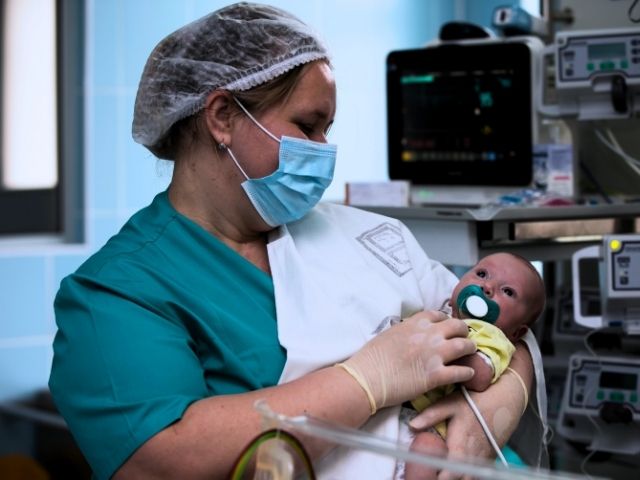On August 11th the U.S. Department of Health and Human Services (HRSA) announced over $100 million in federal grants dedicated to growing the country’s nursing workforce. These funds are split across five separate awards that each address the ever-growing demand for nurses.
This year’s federal grants are nearly ten times higher than 2022’s $13 million, showcasing the administration’s increasing effort to combat the country’s nursing shortage.
The HRSA made another effort for the well-being of healthcare workers last year by publishing the U.S. Surgeon General’s advisory on building a thriving health workforce, “Addressing Health Worker Burnout.” This advisory specifies actions that can be taken by individuals, communities, organizations, and governments to invest in the well-being of all health workers.
For federal, state, local, and tribal governments one recommendation states to “invest in evidence-based practices, plans, and partnerships that ensure the health, safety, and well-being of health workers.” In 2022, the HRSA invested $103 million in these programs.








